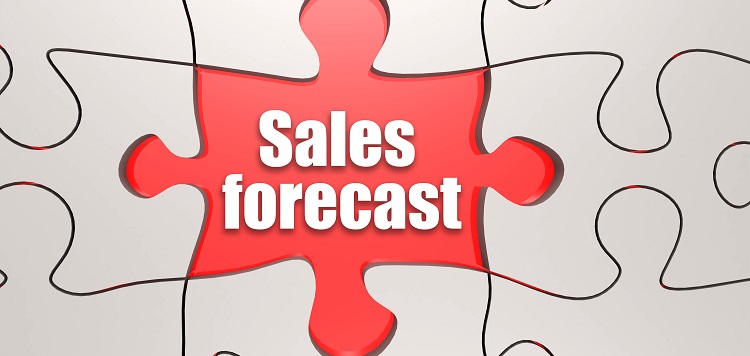Sales forecasting is an essential tool for businesses of all sizes, from start-ups to established enterprises. It is the practice of using existing and prior sales figures to predict future sales performance. Through careful analysis of sales data, businesses can use forecasting to modify their upcoming sales tactics and budgeting, pinpoint areas for improvement, and detect trends in sales.
Sales forecasting is a powerful tool that enables businesses to make informed decisions about their upcoming budgeting and sales strategies. Accurate forecasts can provide a wealth of information, from revealing areas for improvement in sales tactics to predicting future trends in sales. Inaccurate forecasts can lead to businesses leaving money on the table or investing in ineffective strategies that could have been avoided with a more thorough forecast. With this in mind, it is clear why sales forecasting is so important for businesses of any size and industry.
There are a number of different approaches to making a sales forecast, each with its own advantages and disadvantages. Opportunity stage forecasting is the practice of predicting future sales based on the current stage of a particular deal or opportunity. This approach is often used by businesses that rely heavily on long-term contracts or deals with larger customers. Historical forecasting is the practice of predicting future sales based on past performance. This approach relies heavily on historical data such as past sales figures and customer purchasing patterns. Length-of-cycle forecasting is the practice of predicting future sales based on the length of time it typically takes for a customer to make a purchase. This approach is often used by businesses that rely heavily on short-term purchases or one-time transactions.
When expectations are not met due to inaccurate forecasting, it is important to analyze what triggered your expectations to be inaccurate and adjust future forecasts accordingly. Businesses should look at current trends in their industry as well as any changes in their market or customer base that may have impacted their sales performance. By understanding what caused their expectations to be inaccurate, businesses can make more informed decisions when creating their next forecast. Once businesses have identified what caused their expectations to be inaccurate, they should adjust their future forecasts accordingly. This may involve reevaluating current trends or taking into account any changes in the market or customer base that may have impacted their sales performance. With an accurate forecast, businesses can ensure that they are making informed decisions about their upcoming budgeting and sales strategies.
Creating an accurate forecast requires careful and thorough analysis of existing and historical data. Businesses should look at factors such as current trends in their industry, past sales figures and customer purchasing patterns, the current stage of any deals or opportunities they are working on, and the length of time it typically takes for a customer to make a purchase. Once all of this data has been analyzed, businesses should adjust their forecasts accordingly.
Sales forecasting is an invaluable tool for businesses looking to gain an edge over their competitors and remain competitive in today’s ever-changing market. By making accurate forecasts, businesses can ensure that they are making informed decisions about their upcoming budgeting and sales strategies. With careful analysis of data, businesses can identify areas for improvement, anticipate future trends in sales performance, and optimize their upcoming tactics and budgeting accordingly. Ultimately, making accurate forecasts can mean the difference between success and failure for any business.

